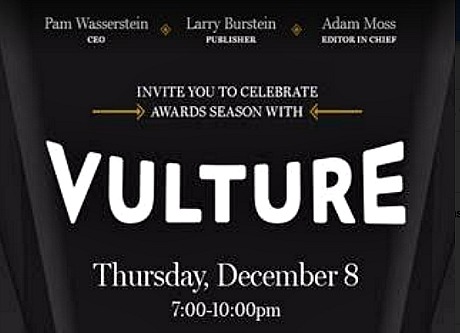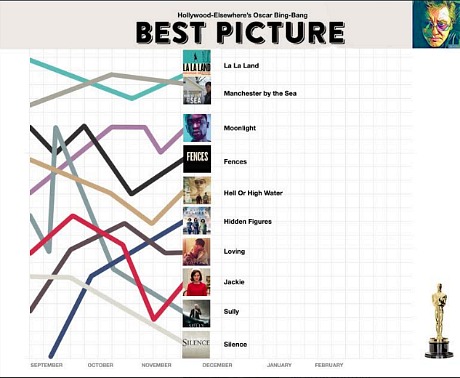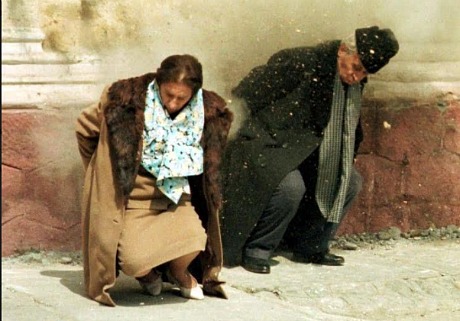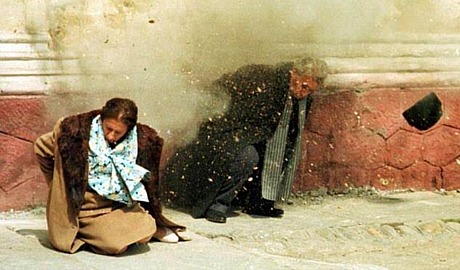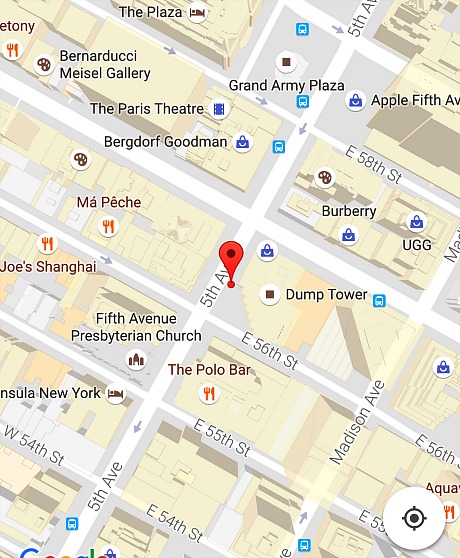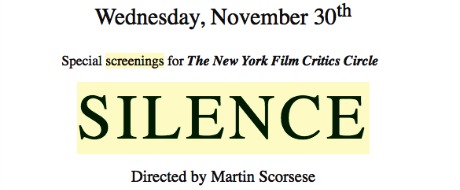Amy Zimmerman’s Daily Beast hit piece about Casey Affleck popped on 11.22 — five days ago. Thanksgiving weekend is a bad time to try and ignite discussion or gain traction. My first reaction was to leave it alone, and as of this morning I was still inclined to ignore it. But two journo pals have written me over the last two days, both asserting that “the takedown campaign has begun.” And yet so far, silence. But if others start hammering away on Monday and Tuesday, I guess there’ll be no stopping it and I’ll have to jump in whole hog. But I respectfully believe that it should stop here and now. Really. Let it go.
Affleck is described in the Zimmerman piece as having sexually harassed and intimidated to some extent I’m Not There producer Amanda White and dp Magdalena Gorka six or seven years ago. Affleck may have behaved unfortunately, but he didn’t do anything that would fall under the headings of “grotesque” or “ghastly” or “criminal.” While he may have acted in a boorish fashion, Affleck didn’t assault or hurt anyone, and while he was hit with a civil lawsuit (which he settled) he was never charged with anything. It was never on that level.
In an 11.4 N.Y. Times interview/profile of Affleck by Cara Buckley, Affleck was asked if he felt responsibility in the matter, and he replied that he did not. ‘It was settled to the satisfaction of all,’ he explained. ‘I was hurt and upset — I am sure all were — but I am over it. It was an unfortunate situation, mostly for the innocent bystanders of the families involved.'”
I believe in a separation of church (cinema) and state (personal lives of filmmakers, p.c. judgments about this or that incident of alleged bad behavior). I’ve heard stories about almost everyone in this town having acted in some kind of questionable or sleazy or abrasive manner at one time or another. It’s a slippery slope when you start saying “yeah, that’s a great film but the producer is an asshole or the lead actor betrayed his girlfriend or I got into a fender-bender with the screenwriter” or whatever.
I didn’t think that Roman Polanski‘s legal troubles in the mid ’70s should have anything to do with how good or award-worthy The Pianist was, but the online pitchforkers sure did. They tried to tar and feather Polanski that year (i.e, 2002) but he won the Best Director Oscar anyway.
Read more
